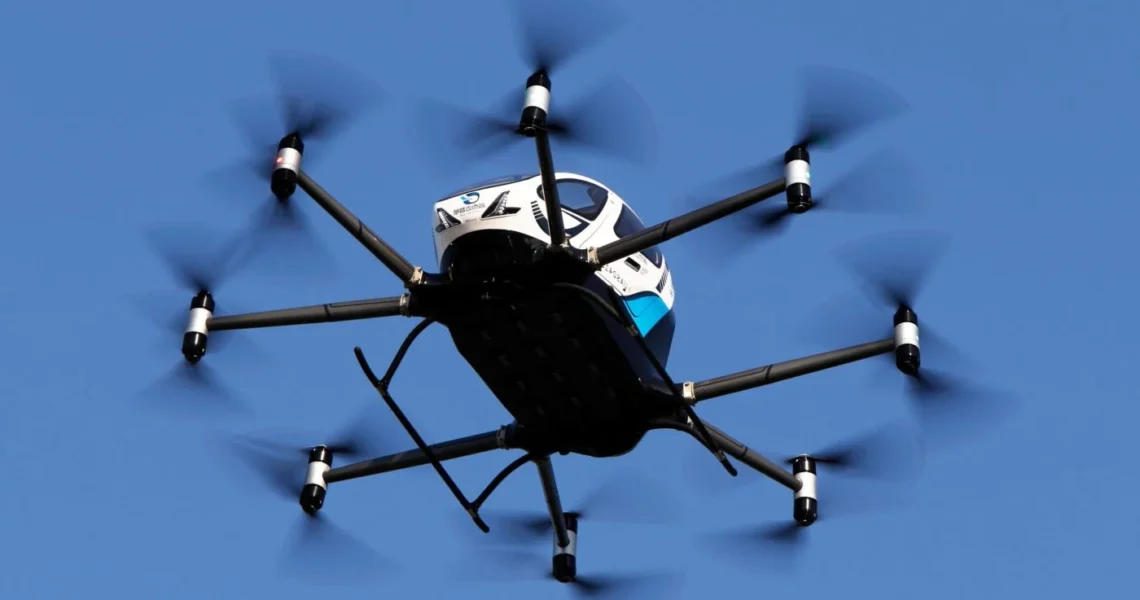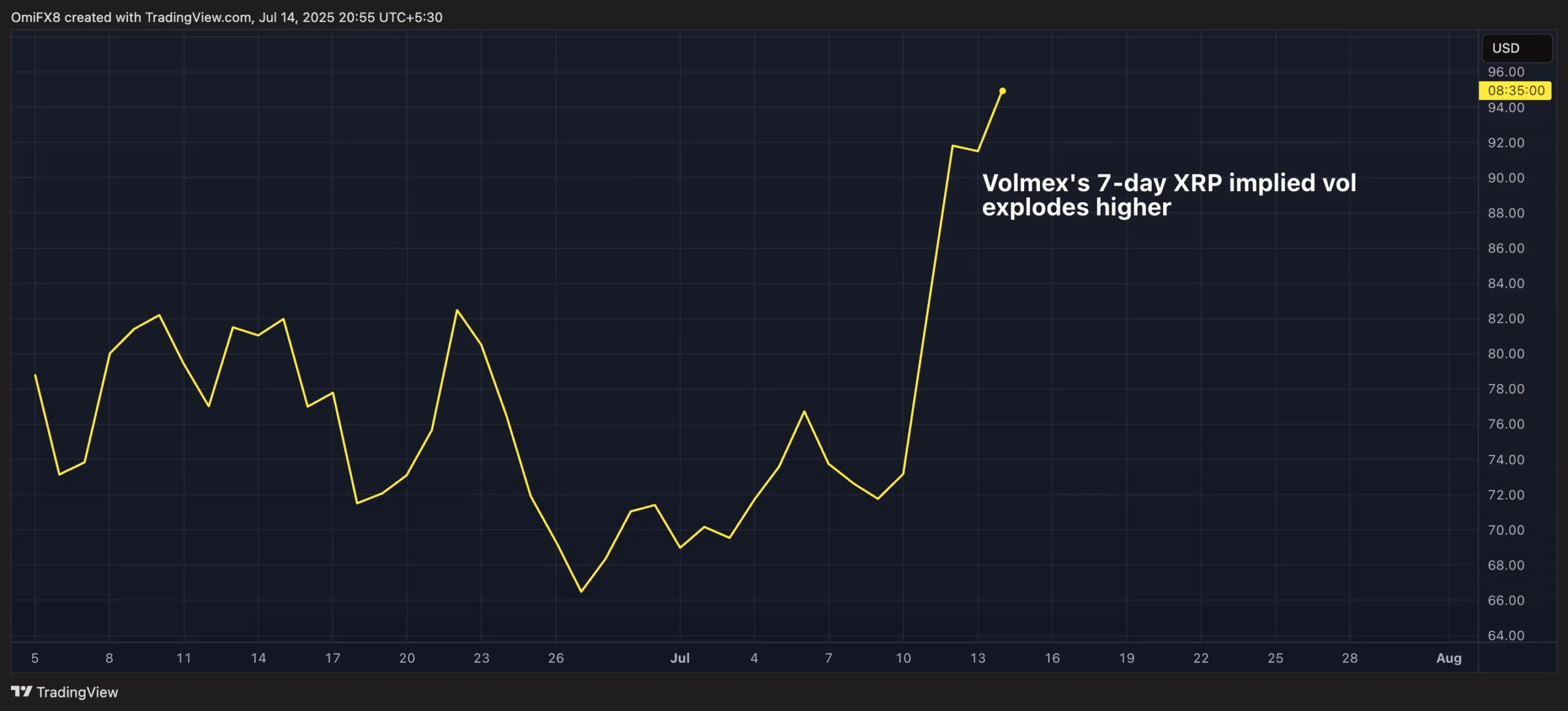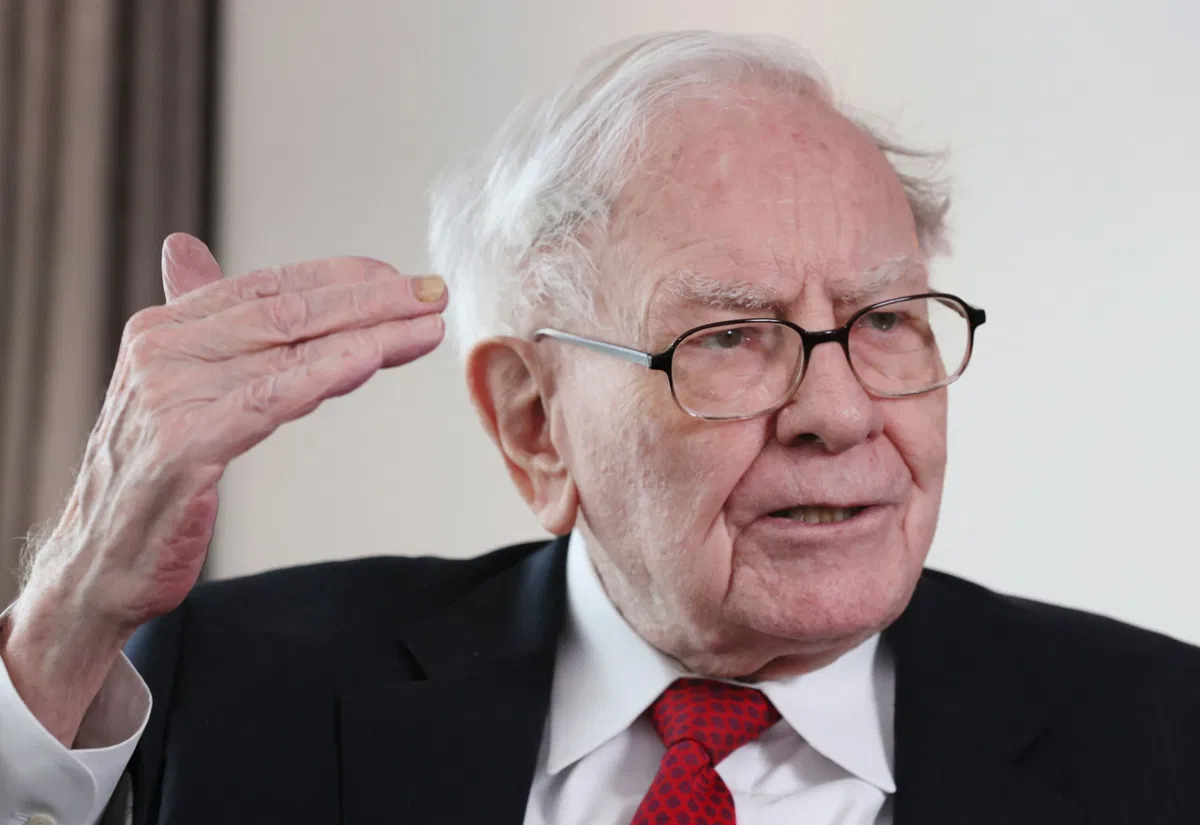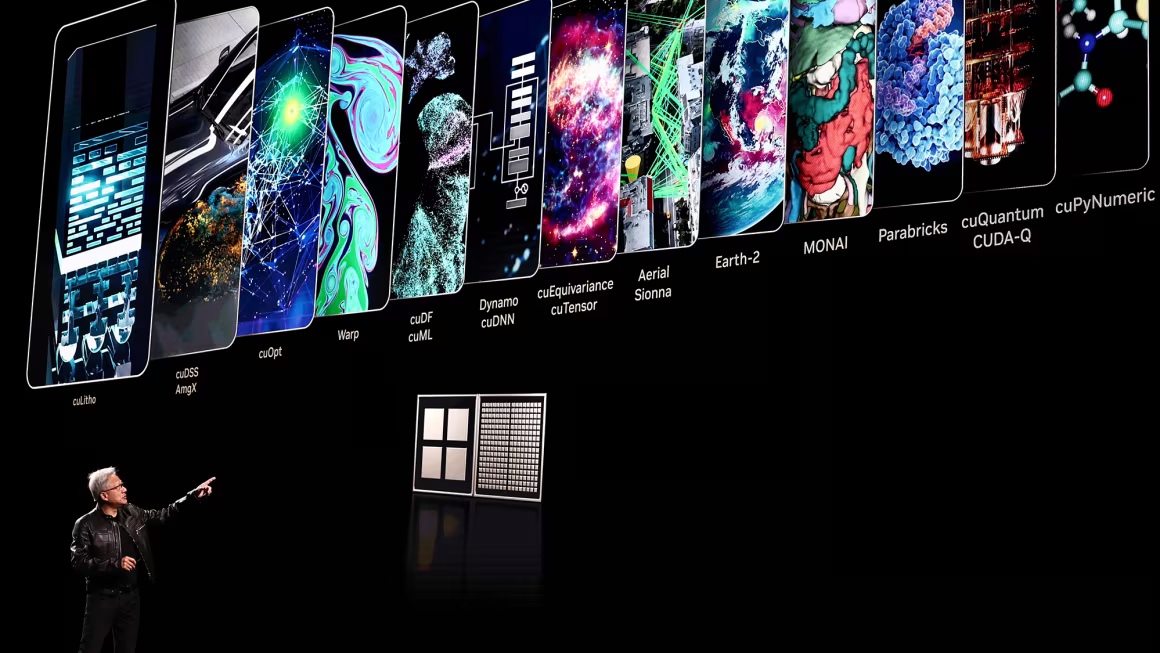Joby Aviation Surges: eVTOL’s Future Takes Flight
A significant catalyst behind Joby’s recent stock surge came with the pivotal announcement of its expanded manufacturing operations.
On a recent Tuesday, the company confirmed substantial enhancements at its facilities located in Marina, California, and Dayton, Ohio, alongside the strategic addition of new aircraft to its growing fleet. This expansion is not merely an incremental step; it represents a critical leap forward in Joby’s journey toward mass production and widespread commercial deployment of its eVTOL aircraft.
At the Marina, California site, Joby has effectively doubled its production capacity. This impressive expansion means the facility now spans a formidable 435,500 square feet, providing ample space for advanced manufacturing processes. This site is strategically vital, as it is projected to produce up to 24 aircraft per year. This specific target is a significant milestone, representing a crucial step towards achieving the necessary scale for broader market entry and establishing a viable commercial air taxi service. Beyond mere production, the Marina facility is designed as a multifunctional hub.
It will also serve as the central location for rigorous flight testing of newly manufactured aircraft, ensuring their safety and performance. Furthermore, it will host pilot training programs, preparing the essential human capital needed to operate these future air taxis. Critically, the site plays a pivotal role in the ongoing and stringent Federal Aviation Administration (FAA) certification processes, as it’s where much of the critical testing and data collection for regulatory approval occurs.
Concurrently, operations have been significantly ramped up at Joby’s Dayton, Ohio facility. This site is specifically focusing on the specialized production and rigorous testing of individual aircraft components. By dedicating a facility to components, Joby can ensure precision, quality, and efficiency in the production of critical parts before final assembly. This tiered manufacturing approach is common in high-tech industries, allowing for greater control and specialization.
Eric Allison, Joby’s Chief Product Officer, eloquently emphasized the company’s strong readiness for rapid scaling. He highlighted the remarkable efficiency of their production process by noting the swift airworthiness certification of their sixth aircraft, which occurred just one week after its initial completion. This rapid turnaround time underscores Joby’s optimized manufacturing and certification workflow.
Looking to the future, Joby has strategic plans to leverage the world-renowned manufacturing expertise of Toyota Motor (NYSE:TM), a key investor and long-standing partner. This collaboration aims to eventually enable the Dayton facility to build an astonishing up to 500 aircraft annually. Toyota’s deep experience in lean manufacturing and high-volume production is expected to be instrumental in achieving this ambitious target, further solidifying Joby’s path to becoming a dominant player in the urban air mobility market.
This comprehensive production strategy, spanning both specialized component manufacturing and full aircraft assembly, is a cornerstone of Joby’s commercialization plan, fueling investor confidence in its long-term potential.
Regulatory Tailwinds: A Supportive Policy Environment
The positive momentum observed in Joby’s stock has been significantly amplified by a highly favorable and evolving regulatory landscape in the United States. This shift demonstrates a growing commitment from policymakers to foster innovation in the advanced air mobility sector. A major boost occurred on June 11, when President Donald Trump’s new executive orders were announced. These orders were explicitly aimed at reasserting America’s aviation leadership on the global stage. For companies like Joby, this political backing is invaluable.
The executive orders are designed to streamline regulatory processes, which historically can be a bottleneck for new technologies entering the aviation sector. Critically, they include key initiatives such as the establishment of the eVTOL Integration Pilot Program. This program is specifically engineered to accelerate the commercial deployment of electric air taxis, providing a clear pathway for companies to move from testing to full-scale commercial operations.
This decisive move from the White House triggered an immediate and positive reaction across the broader aviation stock market, with Joby shares rising over 2% immediately after the announcement. This direct alignment between the White House’s commitment to fostering domestic drone and eVTOL development and Joby’s core mission is a powerful accelerant. It holds the potential to expedite Joby’s market entry and unlock substantial long-term growth opportunities across a diverse range of sectors, including defense, cargo transport, and, most prominently, urban mobility for passengers.
Further bolstering this regulatory support, in June, FAA Acting Administrator Chris Rocheleau publicly reaffirmed the agency’s unwavering dedication to the safe integration of electric air taxis into U.S. airspace. This statement from the FAA, the primary regulatory body for aviation safety in the United States, served as a vital and highly credible regulatory endorsement for Joby. It provides much-needed clarity and confidence regarding the operational future of eVTOLs. Joby is actively developing a cutting-edge five-seat electric aircraft specifically designed for global passenger service.
This ambitious endeavor is further strengthened by the strategic backing of influential partners such as Toyota and Delta Air Lines (NYSE:DAL), whose investments and expertise add considerable weight to Joby’s commercialization efforts. The FAA’s clear and public stance reinforces Joby’s critical path to commercialization, positioning the company as a spearhead in the anticipated transformation of urban transportation. This confluence of political will and regulatory clarity creates an exceptionally fertile ground for Joby’s continued progress and ultimately, its success in bringing air taxi services to reality.
Expert Insights and Operational Milestones
The compelling narrative of Joby’s promising trajectory is further underscored by a series of recent expert opinions and significant company milestones, providing tangible evidence of its progress. A notable report from Hunterbrook Media last week indicated substantial advancements by Joby in a previously unconfirmed area. The report claimed that Joby has discreetly begun testing a long-range, hydrogen-powered Unmanned Aerial Vehicle (UAV), reportedly dubbed the JAI 30. This potential venture into hydrogen propulsion suggests Joby’s foresight in exploring diverse energy solutions for future aviation, aiming for even greater range and sustainability.
While Joby has not yet officially confirmed this specific project, the Hunterbrook Media report was supported by intriguing evidence. Flight tracking data, though briefly accessible online before being removed at the company’s request, provided strong indications of the JAI 30’s capabilities. This data purportedly suggested that the prototype had already completed a flight exceeding nine hours.
If accurate, this achievement would unequivocally position the JAI 30 among the longest-endurance hydrogen UAVs in its class, representing a significant technological breakthrough. Such a development would not only showcase Joby’s engineering prowess but also highlight its potential to diversify its offerings beyond passenger eVTOLs into longer-range cargo or specialized applications, opening new market segments.
Another crucial endorsement came last week from Joshua Brown, co-founder and CEO of Ritholtz Wealth Management, a highly respected figure in financial media. Brown publicly selected Joby as his “final trade” on CNBC, a segment where prominent investors share their top investment picks. This high-profile endorsement from an influential financial expert signals a strong belief in Joby’s investment potential. Brown’s pick notably followed Joby’s significant announcement on June 30 of successfully completing piloted vertical takeoff and landing flights of its electric air taxi in Dubai.
This achievement is not merely a technical success; it marks a pivotal step toward the practical and regulatory feasibility of launching commercial service in the strategically important region of Dubai by 2026. This international breakthrough instantly resonated with investors, leading to a direct and immediate impact on Joby’s market valuation, as the stock promptly reached its 52-week high following the news.
Even seasoned financial commentators have expressed confidence. In July, when questioned specifically about Joby during a CNBC segment, the influential host Jim Cramer conveyed his strong belief in the company’s prospects. Cramer stated, with characteristic conviction, “Archer (NYSE:ACHR) and Joby, what can I say? I’m not going to fight them.”
This statement from Cramer, known for his often-bold market calls, suggests a recognition of the formidable momentum and promising future of leading eVTOL developers like Joby and Archer. The combination of ambitious technological exploration, demonstrated operational successes in diverse environments, and compelling expert endorsements paints a picture of a company poised for significant long-term growth and market leadership in the evolving landscape of advanced air mobility.
The Future of Urban Air Mobility: Challenges and Opportunities
Joby Aviation’s remarkable stock performance and recent operational milestones underscore a powerful narrative: the long-anticipated future of urban air mobility (UAM) is rapidly transitioning from a theoretical concept to a tangible reality. However, while the excitement is palpable, realizing this vision on a widespread commercial scale still presents significant challenges, alongside immense opportunities.
One of the primary challenges lies in regulatory harmonization across different regions. While the U.S. FAA and executive orders are providing strong domestic support, global commercialization requires navigating diverse aviation authorities and their respective certification processes. Each country will have its own unique set of safety standards, operational guidelines, and airspace integration rules, demanding considerable effort and resources from companies like Joby to ensure global compliance.
The development of robust and scalable vertiport infrastructure is another critical hurdle. These specialized take-off and landing sites, often located in urban areas, require careful planning, significant investment, and community acceptance. They must accommodate the unique operational requirements of eVTOLs, including charging capabilities, passenger boarding facilities, and noise considerations.
Public acceptance and trust also represent a crucial factor. Addressing concerns about noise pollution, safety perceptions, and the overall integration of air taxis into urban environments will be paramount. Extensive public education campaigns and demonstrated safety records will be essential to foster widespread adoption and overcome initial skepticism. The cost of service will also be a key determinant of market penetration. While early adopters may pay a premium, achieving competitive pricing against traditional ground transportation options will be vital for mass market appeal. This necessitates efficient production, operational scalability, and continuous technological advancements to drive down per-flight costs.
Despite these challenges, the opportunities in urban air mobility are vast and potentially transformative. eVTOLs like Joby’s promise to revolutionize transportation by offering faster, more direct, and potentially more sustainable alternatives to ground travel, particularly in congested urban corridors. This could dramatically reduce commuting times, ease traffic congestion, and provide access to previously underserved areas.
The potential applications extend beyond passenger transport to include emergency services, cargo delivery, and even specialized defense operations, diversifying revenue streams and market impact. As Joby continues its flight testing, refines its manufacturing processes, and collaborates closely with regulators and partners, it stands at the forefront of a technological revolution.
Its current surge is not just about a single company; it’s a testament to the accelerating pace of innovation in the aviation sector and the growing belief that quiet, electric air travel will soon become an integral part of our daily lives, fundamentally reshaping how we move within and between our cities.






